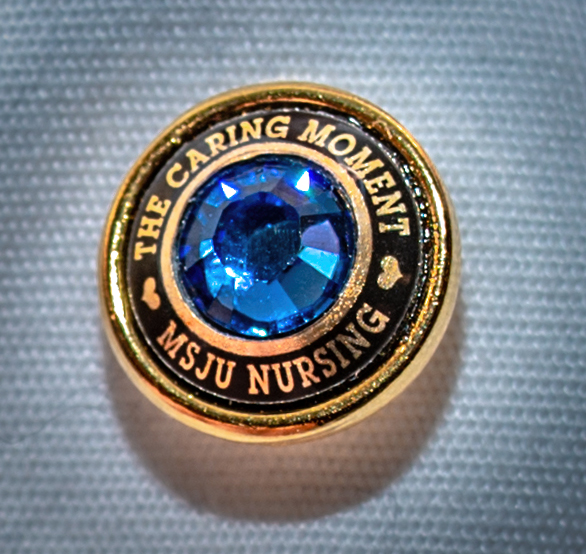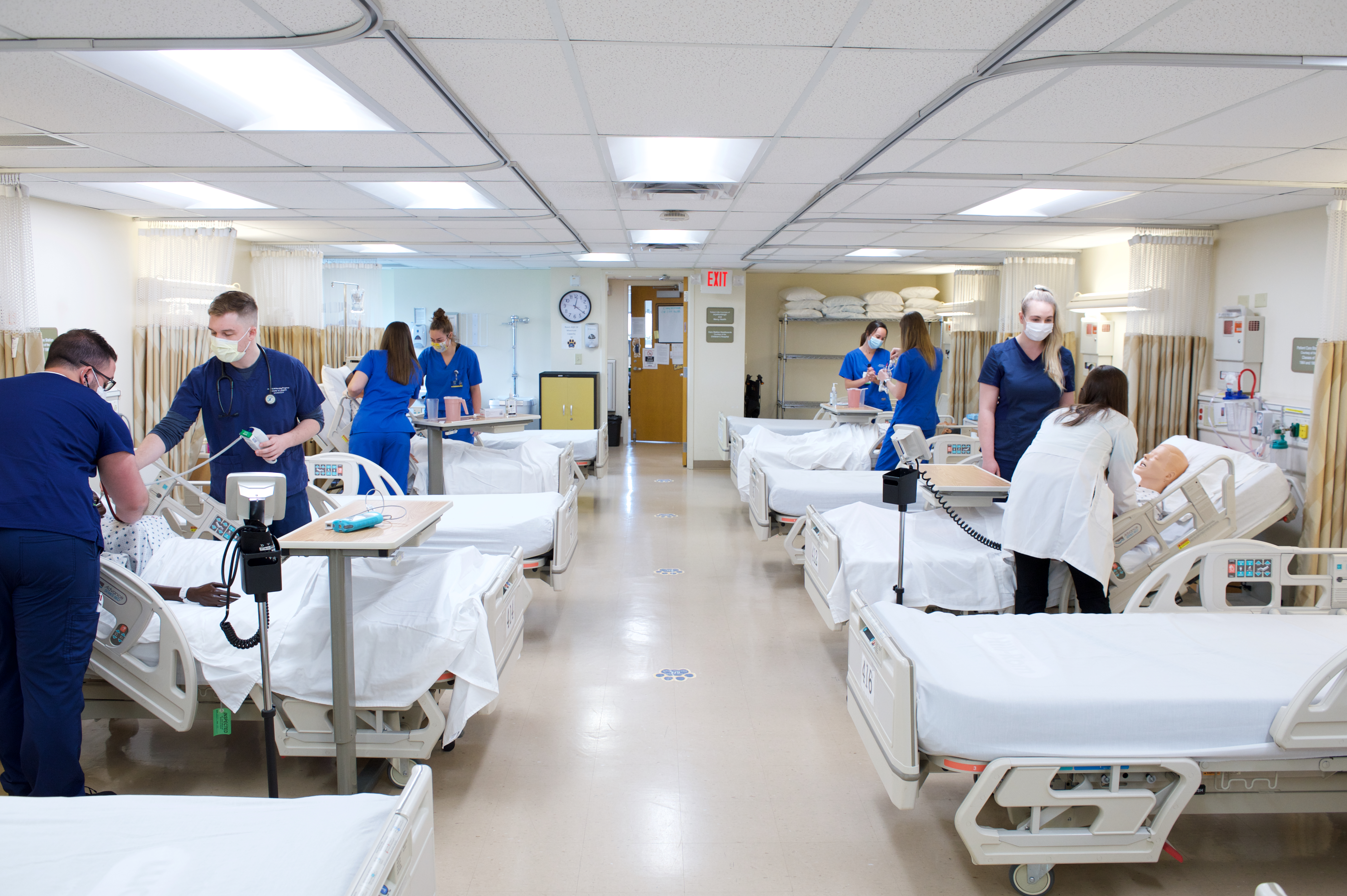An Interview with Dr. Janet Wray

Insight into the “Power of Nursing” course, a new initiative in the Department of Nursing at the Mount, with Dr. Janet Wray.
1. Is this a new course at the Mount? If so, when was it introduced?
The Remen Institute for the Study of Health and Illness (RISHI) Power of Nursing course is a new initiative in the Department of Nursing at the Mount. This program was initiated in the MSN-MAGELIN program this academic year. The PON program provides a safe environment for nursing students to share and to clarify values, to strengthen professional affiliation and connectedness, to prepare for clinical stressors, and contributes to the attributes of empathy, caring efficacy, and professional identity in student nurses (Scheller et al., 2021). Vivek Murthy, MD, U.S. Surgeon General, recently released the U.S. Surgeon General’s Advisory on Addressing Health Worker Burnout: Building a Thriving Health Workforce. He acknowledged the Healer’s Art/Power of Nursing courses, as a way to better prepare students for a complex health care environment, affirming the DON’s vision for the adoption of the PON Program.
2. What students take this course?
Currently, the MSN-MAGELIN students take the course as part of NUR 640 Health Care Policy. The plan is to offer the course to traditional BSN students, perhaps during NUR 370 Psychiatric Mental Health Nursing, since Health Care Policy is not a part of the BSN program of study.
3. What are the core teachings of this course?
The course is based on a discovery model in which there are no experts, no right answers and it is acceptable to “not know.” The wisdom in the collective life experience of the group is clarified and a spirit of curiosity is encouraged. Course directors participate in the exercises and join with participants in sharing their insights and perspectives. This model encourages respect for others, self-exploration and self-trust, and allows for personal ownership of the fundamental principles of healing. The discovery model is both didactic and experiential; about 10 percent of the course time uses a didactic approach, which takes place at the beginning of all sessions. Non-cognitive methodologies such as reflection on life experience or personal values comprise the other 90 percent of the course and take place in both large and small group meetings.
4. In your opinion, what is the most important aspect of this course?
In my opinion, the most important objective of this course is to identify, strengthen and cultivate the human and holistic dimensions of nursing practice, and for students to recognize and clarify their intention to serve patients, families, and communities.
5. How does this course help nurses once they are in the field?
This course helps nurses once they are in the field by providing them with a community of professional support through the Finding Meaning in Nursing groups. These monthly, no-cost meetings provide opportunities for participating nurses to explore, discover, and share their thoughts, feelings, and experiences with one another. Uncovering meaning is antecedent to finding deeper satisfaction in service work. Over time, the dialogue within a supportive community of nurse colleagues can have the positive effect of deepening each person’s heart connection to their day-to-day work and to their patients, as well as to their connection to the lineage of nursing and healing.


